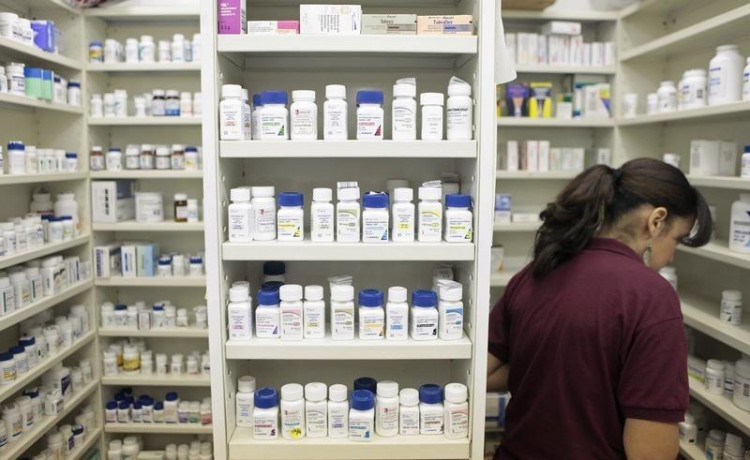Following a WHO investigation that suggested the medication may have contributed to the deaths of numerous children in the Gambia, Indian authorities shut down the production of cough syrup at a Maiden Pharmaceuticals factory, according to a state minister.
Anil Vij, the health minister for the state of Haryana said that 12 infractions of best standards were discovered during an inspection of a Maiden factory close to the town of Sonipat. Vij reported that the production was ordered to stop.
Laboratory analysis of four Maiden products, including Promethazine Oral Solution, Kofexmalin Baby Cough Syrup, Makoff Baby Cough Syrup, and Magrip N Cold Syrup, revealed "unacceptable" levels of diethylene glycol and ethylene glycol, which can be toxic and cause acute kidney injury. This information was released last week by the WHO.
Based on a preliminary investigation report released by the Gambian police on Tuesday, cough syrups developed in India and imported through a US-based company were responsible for the acute renal damage fatalities of 69 children. It is one of the worst cases involving pharmaceuticals coming from India, which is frequently referred to as the "pharmacy of the world."
Earlier, the Haryana pharmaceuticals controller was quoted by the news website Moneycontrol as claiming that Maiden failed to do quality testing of propylene glycol, diethylene glycol, and ethylene glycol and that some batches of propylene glycol lacked the manufacturing and expiry dates. Diethylene glycol and ethylene glycol are also used as a less expensive substitute for glycerine, a solvent or thickening ingredient in many cough syrups, in some medicinal goods. They are also used for antifreeze, brake fluid, and other industrial purposes.
Naresh Kumar Goyal, an executive with Maiden, stated last week that the company was attempting to learn from its buyer what had occurred in the Gambia. On its website, Maiden claims that its three factories can produce 1.2 billion pills, 600 million capsules, 18 million injections, 2.2 million syrup bottles, and 300,000 ointment tubes annually. It claimed that in addition to selling its goods domestically, it also exports them to Latin America, Asia, and Africa.
Although the WHO believes they may have traveled to other countries through unofficial markets, India claims that the cough syrups had been cleared for export solely to the Gambia. Last week, the Indian Ministry of Health announced that samples of all four Maiden products exported to Gambia had been sent to a federal laboratory for testing. The results would "guide the further course of action as well as bring clarity on the inputs received/to be received from WHO."





